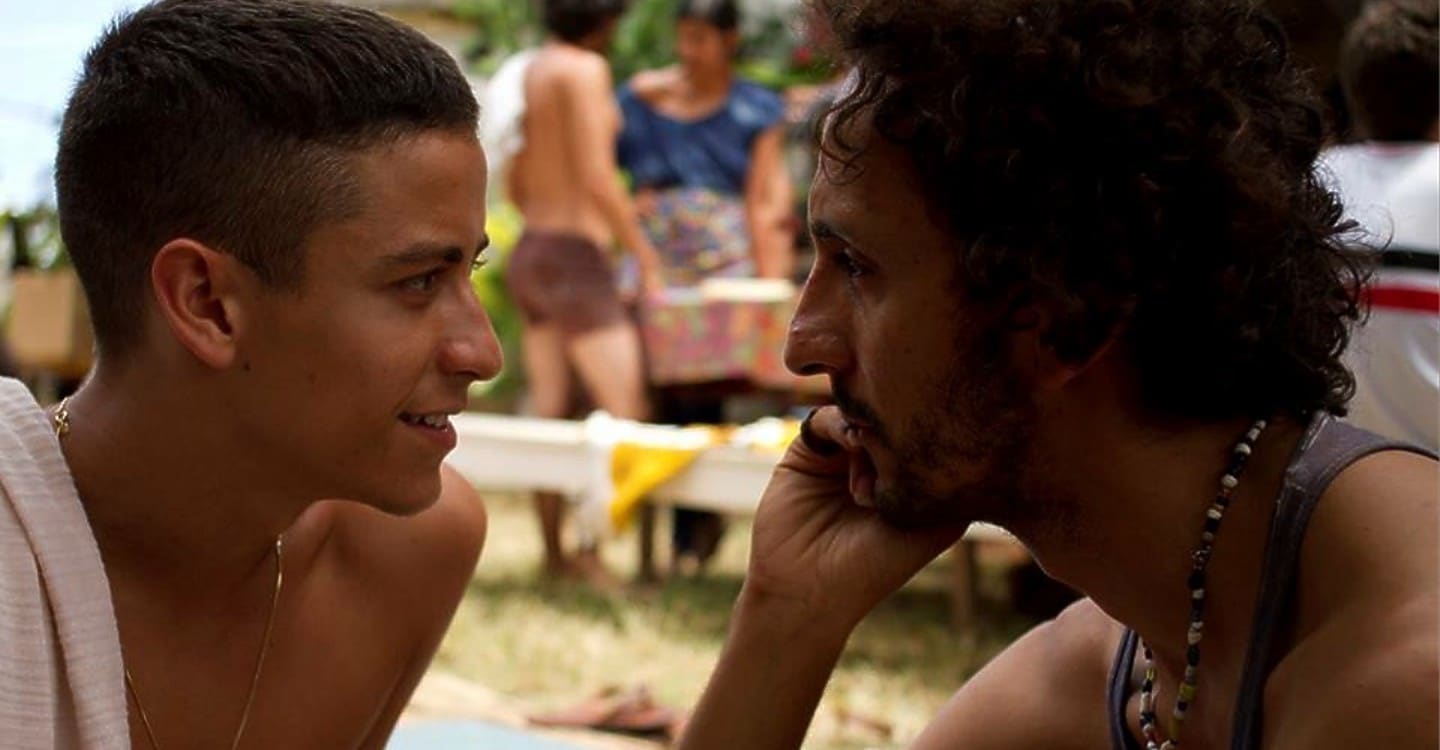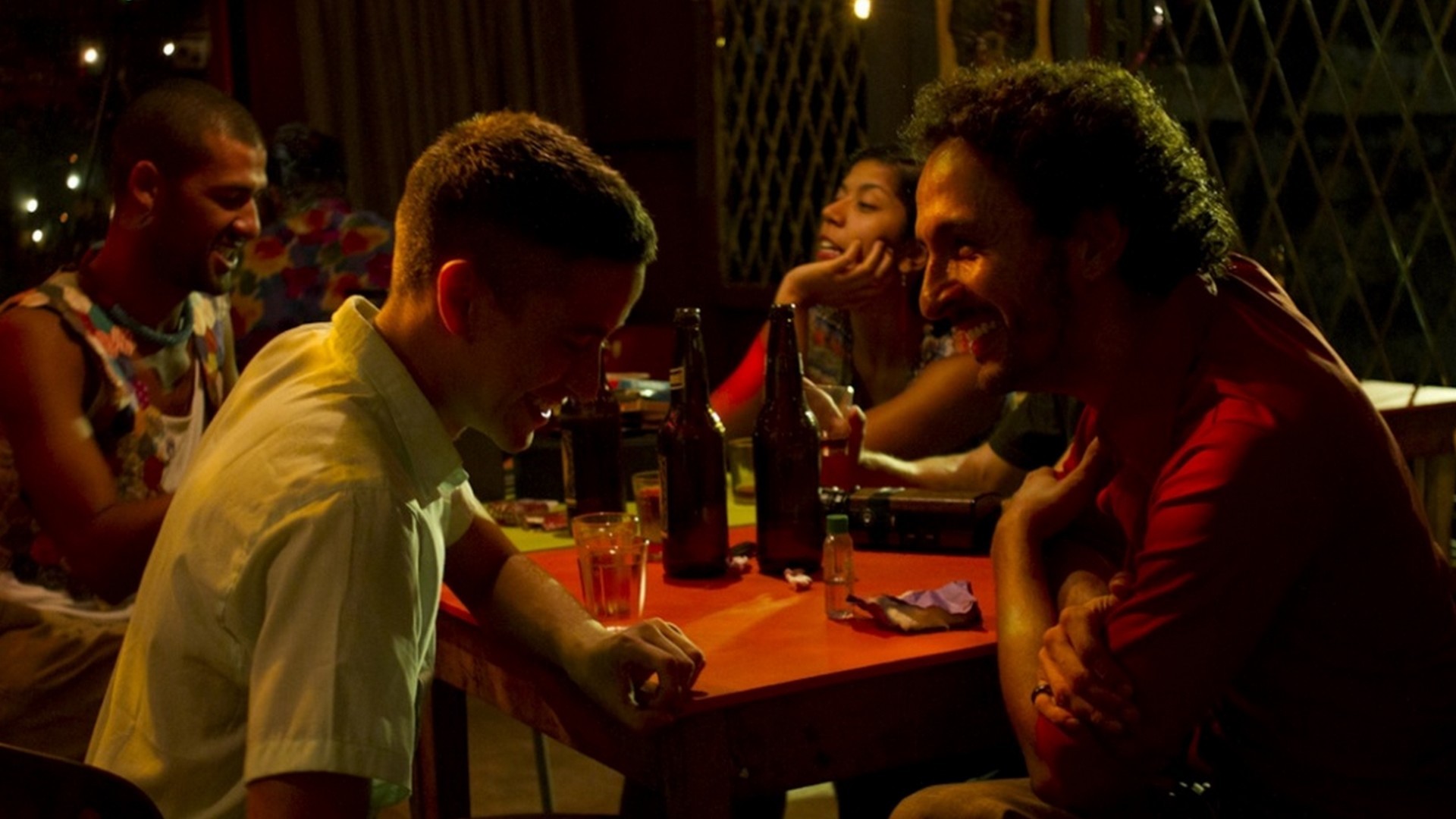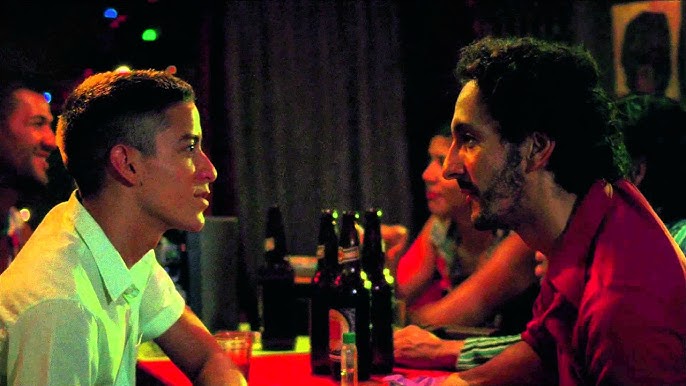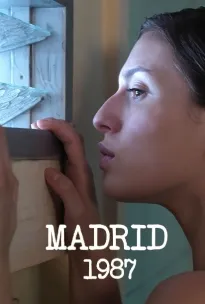👉Full movie at end of the post
Tattoo (2013) is a powerful Thai short film directed by Kanittha Kwanyu, known for its quiet intensity and emotional depth. At its heart, the film is a reflection on grief, memory, and the lasting imprints left by love. It tells the story of Tor, a young tattoo artist who is mourning the loss of his boyfriend, Phai. Though brief in runtime, the film manages to explore the emotional aftermath of a relationship that ended too soon, capturing the lingering presence of someone who is no longer there.

The narrative is structured around a blend of present moments and tender flashbacks. These shifts in time are seamless and serve to immerse the audience in Tor’s internal emotional landscape. Through the flashbacks, we witness the gentle, almost sacred intimacy that Tor and Phai shared. Their relationship, though shown in fragments, feels authentic and deeply emotional. The tattoo that Tor received from Phai becomes a poignant symbol—it's not just body art, but a mark of love, memory, and loss. It’s as though the ink has preserved the past on his skin, a metaphor for how certain experiences stay with us no matter how much time passes.

One of the film's strongest thematic elements is its exploration of grief as a quiet, personal journey. Tor does not express his emotions through loud breakdowns or dramatic monologues. Instead, his grief is shown through stillness, through the way he moves around the studio, interacts with objects tied to Phai, and how he reacts—or doesn’t react—to the world around him. His silence speaks volumes. This subtle portrayal is powerful because it mirrors how grief often manifests in real life—not always with visible tears, but with small, quiet absences and emotional numbness.

When Tor meets a new client—another young man seeking a tattoo—there’s a shift. Their interaction is brief but loaded with unspoken emotion. The presence of this new person becomes a mirror for Tor’s pain and possibly a door to healing. It's not a romantic development in the traditional sense, but a moment of human connection that hints at the possibility of moving forward. It raises the question: can someone still hold on to a lost love while opening their heart to someone new? The film doesn't provide a clear answer, but it allows the audience to sit with that question, which is part of its quiet brilliance.

Visually, Tattoo is intimate and restrained. The muted color palette and close-up shots give it a meditative, almost dreamlike quality. The director makes effective use of silence, ambient sounds, and music to underline emotional beats without ever overemphasizing them. This minimalist approach enhances the realism and emotional authenticity of the film. There’s a strong sense that the visuals are telling the story just as much—if not more—than the dialogue.

Ultimately, Tattoo is not just about romantic love. It's about the marks we carry—both visible and invisible—when we lose someone we love. The tattoo itself is a perfect metaphor: it hurts to receive, but it becomes a part of you. Grief is the same. The film suggests that healing doesn’t mean forgetting, but learning to live with the memories and letting them guide you toward whatever comes next. It's a deeply human story, portrayed with remarkable sensitivity and emotional nuance.


-1741309700-q80.webp)
